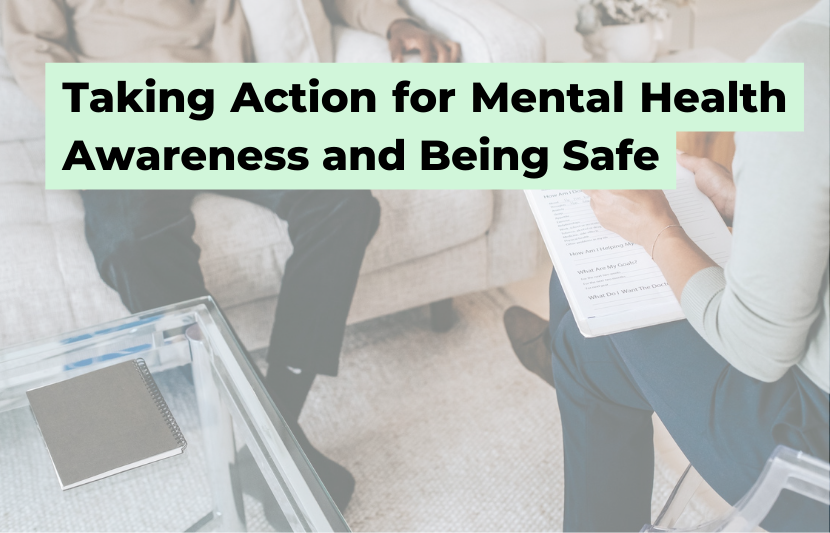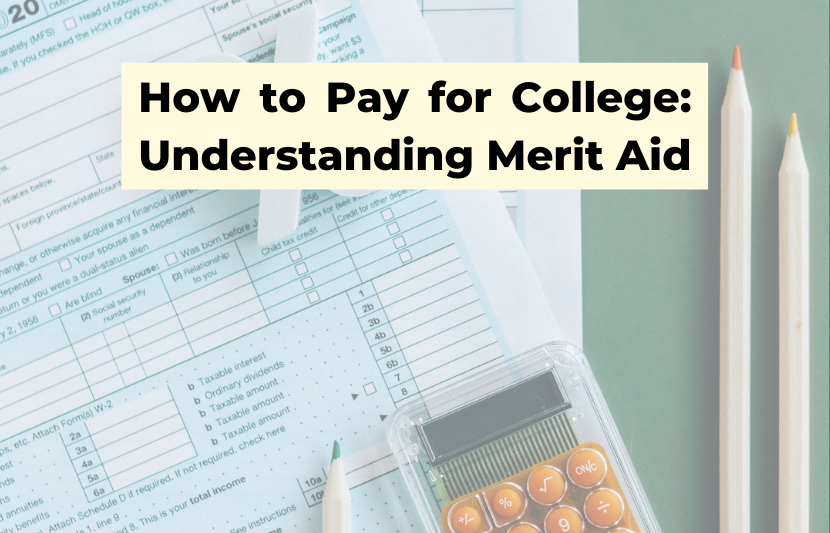In this episode of TUN TV, Dr. Crystal Rose interviews Christen Arafeh, founder of Hive College Buzz, about what you should know about honor societies and compares the NHS (National Honor Society) and the NSHSS (National Society of High School Scholars).
Dr. Rose: Welcome to The University Network TV, where we scan the globe to give students, their families, and educators the very best tips for student success. I’m your host today, Dr. Crystal Rose, and in this college admission series, we’re exploring the new normal in college admissions and ways students may distinguish themselves.
On today’s show, we’re talking about honor societies and we’re exploring these exclusive organizations, and today in particular we’re looking at the National Honor Society and the National Society of High School Scholars.
Many students look forward to joining these organizations in the hopes of setting themselves apart. But how are these similar or different?
Here to shed light on this is the star of our featured series “Sweet College Success With Hive College Buzz,” the founder of Hive College Buzz, Christen Arafeh, who helps teens and families turn their big college dreams into reality. She’s a college admissions counselor with international clients and she’s helped hundreds of students and families successfully navigate the college admissions process.
Welcome, Christen.
Arafeh: Hello. Thank you so much for having me on today.
Dr. Rose: Wonderful. So, tell us what is all the buzz about honor society?
Arafeh: Yeah. The truth is, honor societies are a great way to set you apart from your peers. It shows that you’re academic and you are highly qualified. Typically, if you qualify for an honor society, you have what it takes to succeed in college.
Dr. Rose: Today’s topic is something you’ve written about because students come to you and ask you, “Well, what are the differences between the National Honor Society and the National Society of High School Scholars (NSHSS)?” Are they the same?
Arafeh: They’re similar but very different. The National Honor Society requires a high GPA, community service, leadership, and character. Students are usually recommended by their principal, and there’s no membership. So, last year, the NHS gave over $2 million to – I think it was like – 600 students in scholarship money.
Whereas the NSHSS is a paid membership, so they mail out letters to students who score well on the ACT or the SAT, and essentially you sign up. It’s $75 for the membership, and it includes a list of scholarships, some college-readiness resources, and the bumper sticker you often see on the back of mom’s cars.
Dr. Rose: NHS has about 1 million students while NSHSS has nearly doubled the number of students. I understand what you’re saying about the membership fee. However, I think it says a lot when students show agency, score well, and then seek out opportunities to join an honor society. So, how can students make the most out of their honor society experiences?
Arafeh: I think it’s really important to stay active and keep up the great work. Do your part, put it on your resume listed as an accomplishment every time you’re asked.
Dr. Rose: Do these acceptances really increase their chances at competitive colleges?
Arafeh: Truthfully, the majority of students applying at competitive colleges, all have high academic, community service, leadership, and character. So, participating in an organization that holds these values in high regard can potentially sway admission decisions.
Dr. Rose: Great. Well, you can find a link to Christen’s blog where she wrote about this below. Thank you so much for joining me today, Christen.
Arafeh: No, it’s been wonderful. Thank you.
Dr. Rose: And thank you very much for joining me today. I’m your host, Dr. Crystal Rose. Until next time on TUN TV.
This interview has been edited for clarity.
For more exclusive interviews with experts who share their insight to help students succeed, check TUN TV!












